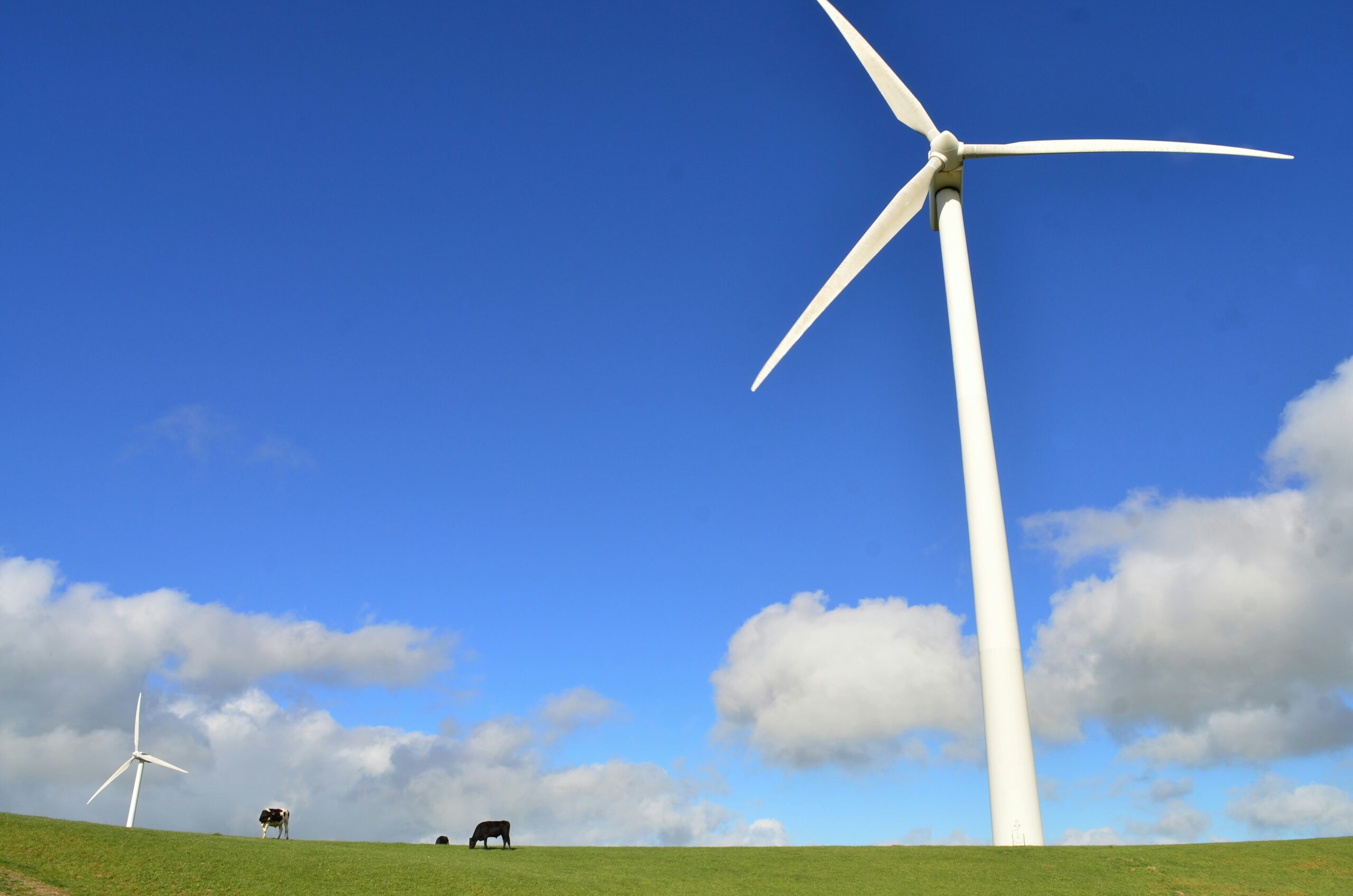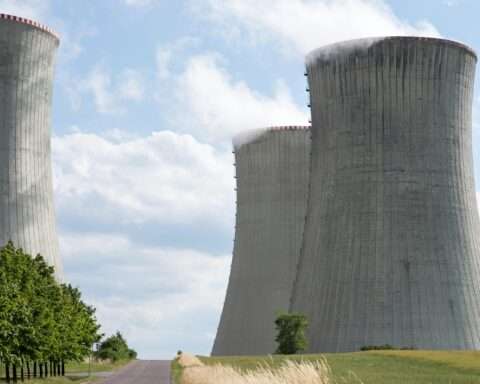The U.S. Environmental Protection Agency (EPA) is announcing the recipients of $300 million in climate pollution reduction grants, supporting tribes and U.S. territories around the country. The funding will support numerous projects, tackling climate change initiatives and reducing greenhouse gas emissions by over 7 million metric tons by 2050.
The selected projects in this round of EPA’s Climate Pollution Reduction Grants program (CPRG) funding represent tribal entities and the Municipality of Saipan in the Commonwealth of the Northern Mariana Islands. Receiving up to $24.2 million in CPRG funds, selected applications will implement community-driven solutions to address the climate crisis, reduce air pollution, advance environmental justice and accelerate the clean energy transition.
The federal funds are a part of the CPRG, which provides grants to states, local governments, tribes and territories to reduce greenhouse gas and other harmful air pollutants. This year, the CPRG program has invested nearly $5 billion into climate change projects. In July, the EPA announced the selections of 25 applicants for over $4.3 billion in grants under the CPRG Implementation Grants General Competition. Projects awarded grants in this first round of CPRG funding estimate the reduction of 971 million metric tons of greenhouse gases and harmful air pollutants.
RELATED: Tribal communities receive $72 million to build clean energy infrastructure
Highlighting the highest funded initiatives, 11 projects are set to receive over $10 million each. These projects will focus on electric power, transportation, waste and material management, infrastructure, agriculture and natural and working lands.
The Alaska Native Tribal Health Consortium will secure $24.2 million in CPRG grants, the largest investment in this round. Emphasizing clean energy, the initiative will replace existing wind turbines at the end of their lifespan with new turbines, install a battery energy storage system and a wind-to-heat system. The project’s proposed large-scale wind production infrastructure will reduce the community’s reliance on diesel fuel and heating oil emissions.
A second Alaskan project was awarded $15 million under this round of the program. The Central Council of the Tlingit and Haida Indian Tribes of Alaska will further the state’s Priority Climate Action Plan by expanding composting infrastructure and increasing the beneficial use of organic waste. This project will reduce emissions through establishing composting facilities in four tribal communities and one urban city.
The third Alaska project receiving over $10 million in CPRG grants is the Aleut Community of Saint Paul Island. Supporting the Saint Paul Island Renewable Energy Integration Project, the Aleut Community will receive $14.8 million to upgrade and expand wind energy programs and reduce diesel fuel reliance. This project will lead to the stabilization of energy costs, reduction of pollutant exposure and increased economic development.
Located in California, the La Jolla Band of Luiseño Indians and the San Pasqual Band of Mission Indians will utilize $22.8 million to implement a Priority Climate Action Plan. The plan will transition an existing fleet of vehicles to comparable battery-electric or plug-in hybrid vehicles and install electric vehicle (EV) charging stations. The project will also develop solar systems with battery electric storage systems that will be installed on essential tribal buildings, the San Pasqual Band Horizon Fuel Center and several hundred residences. In addition, the plan will also install efficient air-source heat pump systems and heat pump water heaters on tribal residences.
California’s second project is the Tule River Economic Development Corporation with $14.7 million in CPRG grants. The project will process forest biomass, convert feedstock into biochar and generate biochar carbon credits, promote forestry management and serve as a replicable model for hard-to-abate sectors.
Blue Lake Rancheria is set to obtain $11.5 million to further its Priority Climate Action Plan. The project will acquire land around Humboldt Bay that is vulnerable to sea rise and begin restoring the land to protect forest health, reducing the risk of forest fires and preserving the natural reduction of greenhouse gasses. Additionally, the project will increase tribal sovereignty and allow tribal stewardship of its lands.
Northern Arizona’s Hopi Utilities Corporation will receive a $20 million grant to transition from coal to solar power, providing reliable electricity to nearly 900 homes on the Hopi Reservation and strengthening the Tribe’s resilience against power outages. This project will also support local economic development and job training initiatives.
The Bay Mills Indian Community in Michigan will obtain $17.3 million for the Inter-Tribal Council of Michigan’s Priority Climate Action Plan. The plan will support a ground-mounted solar installation and battery storage system, providing residents with affordable, home-grown, clean and reliable energy. Bay Mills Indian Community will also implement a workforce development program to train tribal members for new high-quality jobs.
A second Michigan tribe, the Lac Vieux Desert Band of Lake Superior Chippewa Indians will invest $14.9 million into decarbonizing the Lac Vieux Desert. The project will conduct energy assessments on over 145 tribal structures and determine remediations and renovations for structural deficiencies, including mold, asbestos, mildew, lead and air quality. The tribe will also implement a 1.2-megawatt solar array to offset more than half of the energy used in buildings.
Supporting Southeast Florida’s Priority Climate Action Plan, the Miccosukee Corporation is set to receive $15 million for several climate change initiatives. The project will foster zero emission EV charging through 70 chargers and replacing 50 tribally-owned vehicles with electric counterparts. Additionally, the project will implement a public transportation system with three electric buses designed to reduce greenhouse gas emissions and various housing energy upgrades to 25 tribal residences.
The Iowa Tribe of Kansas and Nebraska will secure $13.1 million to further its Priority Climate Action Plan. The plan will use CPRG funds to improve the community’s resilience to climate change, create jobs, improve health outcomes for tribal members and reduce energy consumption in 52 households by 25% through the installation of air-source heat pumps and electric water heaters.
A full list of all 34 selected recipients and more information on projects can be found on the EPA’s Tribes and Territories Competition Selected Applications Table.
The EPA expects to finalize the distribution of these funds later this year, once all legal and administrative requirements are met. The grants represent the EPA’s commitment to advancing climate change action and environmental justice for tribal and territorial communities.
Photo by Jonny Clow on Unsplash













